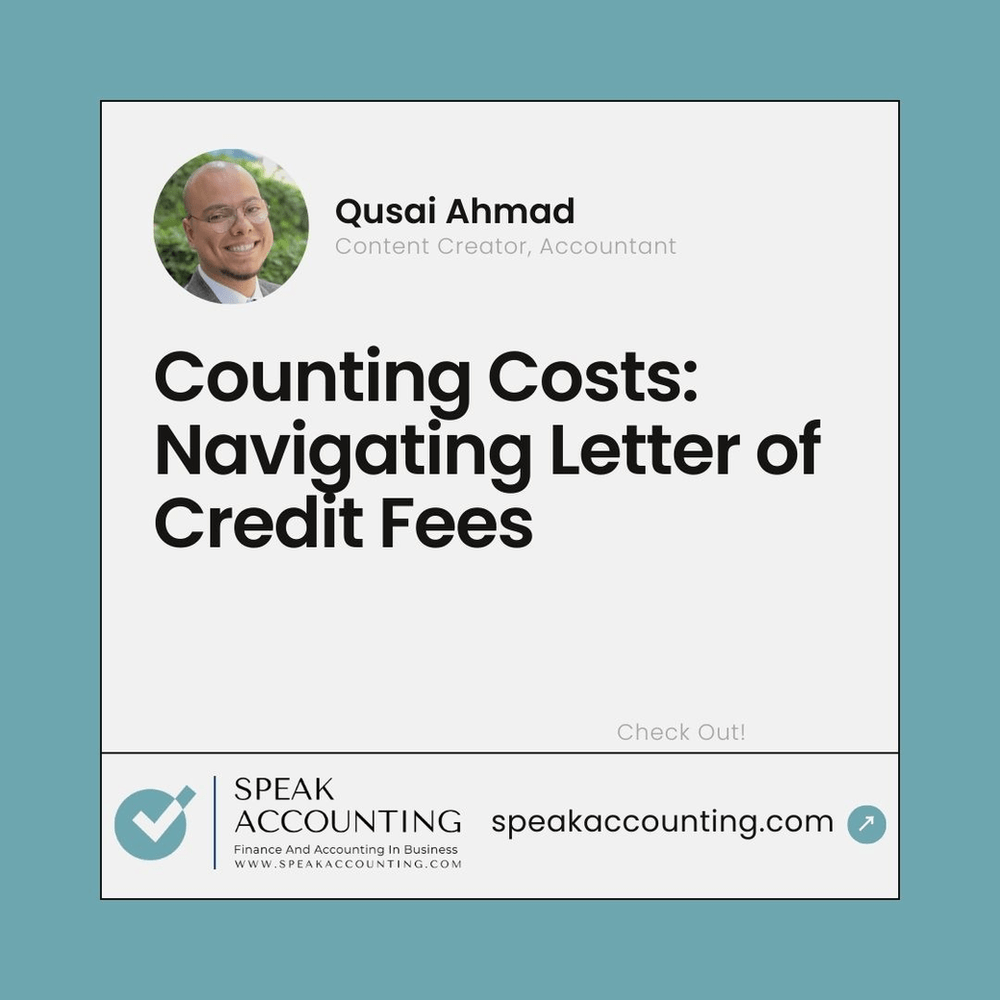Introduction
Tired of tax season stress? Dreaming of a business that runs like a well-oiled machine? An accountant can be your secret weapon, but how much will this financial ninja cost you? Don’t worry, we’ve got you covered! This guide breaks down the world of accountant fees, comparing hourly rates with annual salaries, so you can find the perfect fit for your needs and budget. We’ll also delve into specific areas like tax preparation, industry-specific accounting needs, and resources to help you find the right accountant to unleash your financial power.
Hourly Rates: Paying for Expertise by the Hour
Think of an hourly rate like a personal trainer – you pay for the time they spend sculpting your physique. With an accountant, hourly rates offer flexibility and transparency. You pay only for the specific services you use, making it ideal for occasional projects, short-term needs, or businesses with seasonal fluctuations.
Factors Influencing Hourly Rates:
- Experience Level: Entry-level accountants, fresh out of college, might charge $30-$50 per hour, while seasoned CPAs with decades of experience can command $150-$250 per hour or more. Think of it as paying for experience, just like you’d pay more for a seasoned chef than a culinary student.
- Location: An accountant in a bustling city like New York will generally charge more than one in a rural town due to higher costs of living and demand. Remember, the cost of living in a vibrant city reflects in professional fees.
- Specialty: Tax experts, auditors, and financial consultants often charge higher rates due to their specialized knowledge and expertise. For example, a CPA specializing in tax preparation for small businesses might charge more than a general accountant, just like a cardiologist commands a higher fee than a general practitioner.
- Firm Size: Smaller firms often offer more personalized service at lower rates than large corporations with greater overhead costs. A local CPA firm might have lower rates than a Big Four accounting firm, but they might also offer more individualized attention.
- Additional Services: If you need bookkeeping, financial planning, or payroll services in addition to tax preparation, your hourly rate will likely increase. Imagine it as an all-inclusive package deal for your financial well-being.
For Example:
- A small business owner in a rural town might find a bookkeeper charging $35 per hour, while a tech startup in Silicon Valley could pay a CPA $200 per hour for tax consulting.
Annual Salaries: A Consistent Investment
Annual salaries provide predictability and stability. You pay a fixed amount for a consistent level of service, making it ideal for businesses with ongoing accounting needs, like established companies or businesses with consistent financial activity.
Factors Affecting Annual Salaries:
- Job Title: Staff accountants typically earn less than senior accountants or controllers, reflecting their experience and responsibilities. Imagine it as a climb up the accounting ladder, with each step leading to higher rewards.
- Industry: Industries like finance or technology often pay higher salaries than those like manufacturing or retail. The demand for financial expertise in certain sectors drives salary levels.
- Company Size: Large corporations generally offer higher salaries due to greater resources and competitive hiring practices. Big companies often have bigger budgets and need to attract top talent.
- Location: Salary expectations can vary significantly based on regional cost of living and demand for accountants. Living in a high-demand area often translates to higher salary expectations.
For Example:
- A staff accountant in a small manufacturing company might earn $50,000 annually, while a controller at a major tech firm in San Francisco could earn $150,000 or more.
Hourly Rates vs. Annual Salaries: Choosing the Right Fit
Hourly Rates:
- Pros: Flexibility, transparency, only paying for services used. This can be especially beneficial for seasonal businesses or those with fluctuating needs.
- Cons: Difficult to budget accurately, potential for overtime charges. It’s important to set clear expectations and track hours to avoid unexpected costs.
Annual Salaries:
- Pros: Predictable costs, consistent service. This provides peace of mind for businesses with ongoing accounting needs.
- Cons: Fixed costs, potentially underutilized time. Ensure you have enough work to keep your accountant busy to make the most of your investment.
The best choice depends entirely on your needs and budget. If you have occasional accounting needs or want to control your costs closely, hourly rates might be the way to go. If you need consistent support and prefer predictable expenses, an annual salary may be a better option.
Industry-Specific Accounting Needs:
- Small Businesses: Small business owners often need help with tax preparation, bookkeeping, and financial planning. A local accountant with experience in your industry can provide valuable insights and guidance.
- Individuals: Individuals may need help with tax preparation, estate planning, or investment management. Look for a CPA with expertise in these areas.
Tax Preparation: A Key Consideration
Tax preparation is a crucial service for businesses and individuals. Accountants can help you maximize deductions, minimize your tax liability, and ensure you comply with all regulations. Hourly rates are common for tax preparation services, but some accountants may offer flat fees based on the complexity of your tax situation.
Finding the Right Accountant: Unlock Your Financial Future
Ready to find your perfect financial match? Here’s how:
- Resources:
- Professional Organizations: The AICPA (American Institute of Certified Public Accountants) and the AICPA’s website offer resources for finding CPAs in your area.
- Online Directories: Websites like Yelp, Google My Business, and Angie’s List allow you to read reviews and compare accountants.
- Professional Referrals: Ask friends, family, and other business owners for recommendations.
- Key Considerations:
- Expertise and Experience: Look for an accountant with qualifications and experience relevant to your needs.
- Communication Style: Choose someone you can communicate with clearly and easily.
- Fees: Compare pricing structures and ensure you understand what is included.
- Get Quotes: Don’t be afraid to get quotes from multiple accountants to compare options.
Call to Action:
Don’t let financial matters hold you back! Take the first step towards achieving your financial goals. Use this guide to understand accountant costs, explore industry-specific needs, and find the right accounting professional to help you build a brighter future.
Ready to find your financial ninja? Start your search today!




